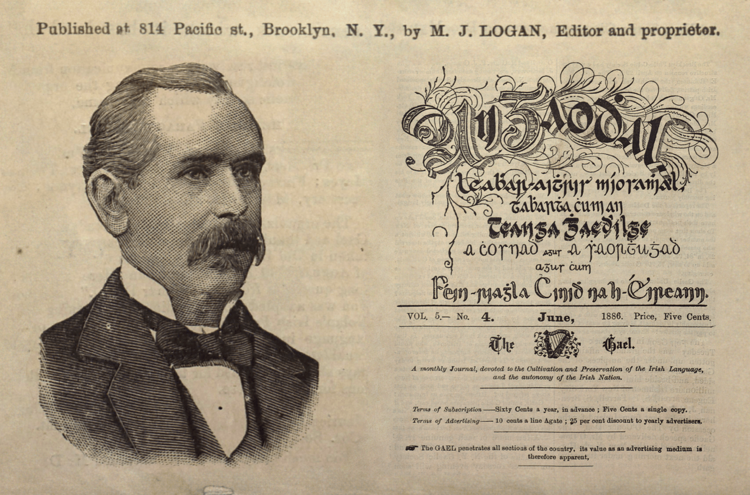Thomas E. Kennedy's latest work "Falling Sideways" is a rare commodity, commented the Washington Post's Jonathan Yardley recently, a "literary novel about the workplace." The Elmhurst, Queens-raised writer takes a satiric look at what happens to a dozen employees and their loved ones after downsizing. The book is the second of his "Copenhagen Quartet," four independent novels that each set in a different season in the Danish capital and written in a different style. The first of them, "In the Company of Angels," which drew on his work translating and editing for the Rehabilitation Center for Torture Victims in Copenhagen, was praised in the Los Angeles Times as "unforgettable" while the New Yorker said it was "wide-ranging and assured." Although he has been writing books for decades, Kennedy has received such high-profile attention - along with a lucrative book deal - only recently.
After completing army service in the 1960s, Kennedy spent several years hitchhiking around the United States. He settled in Europe in 1975. He returns frequently to his native country to teach at Farley Dickinson University and to visit his extended family.
What is your writing routine? Are there ideal conditions?
I am writing more or less constantly, even when I don't have a pen in my hand -- constantly take notes about snatches of conversation overheard, about the weather, about people that I see in cafes, in planes, on trains. Only when I am into a concrete work, do I write every day for longer blocks of time -- a week, or a perhaps a month on a short story or personal essay; months or even years on a novel. For example, I worked in total about 10 years on the four volumes of the Copenhagen Quartet.
What advice do you have for aspiring writers?
Read a lot, write a lot, observe your own thoughts and behavior analytically, observe the world around you, observe closely the way in which the writing functions in your favorite books and stories. When you feel that a story or a book might have gone as far as you can take it, don't just put it into a drawer -- keep sending it out, relentlessly. If you don't send your work out, it will never get published. And when you are so fortunate as to receive an editorial rejection with comments, listen closely to those comments and see if they can help you improve your work.
Name three books that are memorable in terms of your reading pleasure.
Feodor Dostoyevsky's "Crime and Punishment"; James Joyce's, "Ulysses", and Sophocles's "Oedipus the King." And of course many scores more.
What book are you currently reading?
Flann O'Brien "The Third Policeman."
Is there a book you wish you had written?
Albert Camus's "The Stranger."
Name a book that you were pleasantly surprised by.
John Stenbeck's "Sweet Thursday."
If you could meet one author, living or dead, who would it be?
Sophocles.
What book changed your life?
"Crime and Punishment" made me understand that there is a world of thought, a world of the imagination that goes far beyond what the eye sees.
What is your favorite spot in Ireland?
I do enjoy the pubs of Dublin!
You're Irish if . . .
You have quoted aloud a poem and had to work to control the tremor from overtaking your voice.









